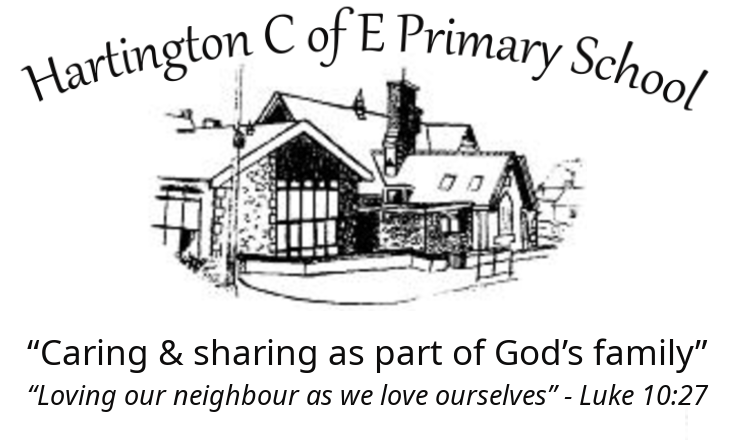Early Help
Click here for the DCC Early Help Offer
What is Early Help?
Early Help is the process and means by which the needs of children and their families for support are identified and addressed as soon as they emerge, so that children’s development is maintained and harm prevented. Early help can be targeted and sometimes intensive work with the wider family. This can occur at different points in the child’s life, including pre-birth, and may be repeated for different reasons, as the child develops.
The consequences of not addressing needs in this way are that the issues may become more entrenched, complex and acute and can become overlaid by additional needs and problems, not just for the individual child, but for the wider family. Thus requiring greater help and support from more agencies as time progresses and creating more severe and intractable problems. Early Help can avoid these escalations and support/enable the child and the family to resolve their own issues and build resilience for the future.
The kind of challenges facing the families include:
-
- Parental conflict
- Financial concerns
- A child or parent with a disability
- Attendance problems at school
- Emotional/behavioural difficulties for a child
- Concerns about developmental progress
- Family conflict
- Children not getting enough social stimulation
- Lack of positive role models and parents not engaging with school
- Wellbeing and mental health of the family
Families are referred to the FSW by the school. Early Help also work alongside social services to create the right support for the family. Early Help consists of co-ordinated support from universal and targeted services, such as Health services, Child and Adolescent Mental Health Services (CAMHS), Early Help Teams in Derbyshire, Voluntary and community sector organisations such as Action for Children.
For example, families may need help to improve their home management, parenting skills and mental health, therefore the FSW considers teaching and encouraging them to:
-
- Develop physical and emotional caring
- Learn how to educate children through
- Understand the different ways to deal with behavioural
- Gain control of the family
- Refer the parents into parenting courses e. child online safety
- Gain the voice of all family members
- Refer the family to counselling support or liaise with CAMHS on how to support the family.
Hartington C of E Primary School takes responsibility for providing our pupils and their families with Level 2 Emerging Needs/ Early Help provision. This area of support and intervention forms part of our already robust pastoral care system and safeguarding procedures. The welfare of our children is our absolute priority, and we strive to provide a bespoke package of support when they face difficulties which may hamper their academic achievement and personal development.
Hartington C of E Primary School has put in place arrangements to ensure that all children are entitled to be considered for, assessed and supported via the Early Help provision. We ensure provision of targeted Early Help services to address the assessed needs of a child and the family which focuses on activity to significantly improve the outcomes for the child. This involves the use of evidence based interventions as set out by the Early Help Intervention Foundation (https://www.eif.org.uk/). The early help support is managed by the Headteacher at Hartington C of E Primary School and the Early Help Team at Highfields School.
We will continue to use the statutory guidance and the Threshold Guidance issued by the Derby and Derbyshire Safeguarding Children Boards in all of our work towards meeting the responsibilities outlined above.
What is an Early Help Assessment (EHA)?
An EHA is an initial assessment and planning tool that facilitates and coordinates multi-agency support. It assesses the situation of the child or young person and their family and helps to identify the needs of both the children and the adults in the family.
It enables families and agencies to efficiently identify the strengths and emerging needs of children and young people at risk of poor outcomes; it reduces duplication of assessment and improves involvement between agencies.
As part of the detailed Early Help Assessment we will look at the following areas for each unborn baby/child and their family:
-
- What are the child’s wishes and feelings?
- What are the harms or risks (past and present) that we are worried about in respect of an unborn baby/child?
- Are there any concerns or risks external to the family, such as in the extended family, peer group, community, and school or on-line?
- What has happened to this child? What trauma may have impacted on them?
- What are we worried is going to happen to the unborn baby/child in the future if nothing changes?
- What are the parents/ carers understanding of the situation and to what extent have they engaged with the services?
- What are the child’s and family’s strengths? Could these be built upon, utilised?
- What support and interventions have been offered previously?
- Did these make a difference? If not, why not?
- What support and interventions can your agency offer this unborn baby/child and family? Could this address the needs or is support required from another agency or other local facilities?
- What support is needed and how will this address the needs? What’s working and what’s not?
Contacts:
Please see below the contacts for Early Help in Hartington C of E Primary School:
Mrs Tracy Blackwell – Headteacher
Mrs Katie Bartholomew – School Business Officer
For further information:


